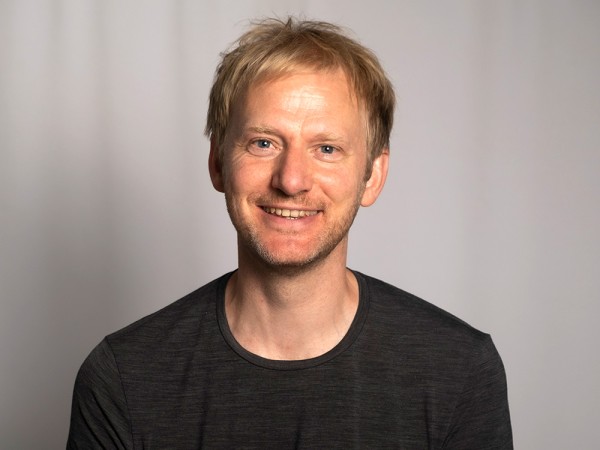Wastewater treatment plants are major energy consumers among the municipal facilities in Berlin. Despite considerable measures to save energy and utilise the sewage gas for generation of electricity and heat on-site, the mean consumption of grid electricity for the six wastewater treatment plants of Berlin still amounts to 90,000 MWh per year. This leads to a significant contribution of related emission of greenhouse gases of around 40,000 t CO2-eq per year.
Within the project E-VENT, new and innovative technologies have been tested and evaluated together with Berliner Wasserbetriebe to achieve a more climate-friendly wastewater treatment in Berlin. It was checked if the innovative technologies are feasible to operate under the specific boundary conditions and requirements of the Berlin wastewater treatment plants. For wastewater treatment, the project focussed on the use of granular activated sludge (Nereda® process) that has been tested in pilot trials over 18 months at wastewater treatment plant Stahnsdorf in cooperation with the supplier Royal HaskoningDHV. For sewage sludge treatment, thermal hydrolysis was investigated to improve digestion of sludge and increase biogas production. Both thermal hydrolysis at high pressure (Cambi process) and thermo-alkaline hydrolysis (Pondus process) have been tested with sewage sludge from Berlin.
Results show that the innovative technologies have a potential to reach a more climate friendly wastewater treatment in Berlin. Apart from reduced consumption of electricity at the plant, better energy recovery from sewage sludge is also relevant. For the modelled reconstruction of wastewater treatment plant Stahnsdorf, the greenhouse gas footprint could be reduced by up to 72% which is equivalent to 3,700 t CO2-equivalents per year. However, the primary goal of wastewater treatment to reliably reach the required effluent targets still has to be guaranteed. This will require trials in a larger scale before future implementation of these innovative processes.
The project was financed within the Berliner Programm for Nachhaltige Entwicklung (BENE) with funding of the European Regional Development Funds and the state of Berlin (Project No. 1158-B5-0). Berliner Wasserbetriebe provided additional direct funding.
© Header photo: Joachim Donath



- Effect of temperature on biogas yield increase and formation of refractory COD during thermal hydrolysis of waste activated sludge
- Inbetriebnahme und Bewertung einer SBR-Pilotanlage zur Behandlung von kommunalem Abwasser mittels granuliertem Belebtschlammverfahren
- Assessment of direct greenhouse gas emissions from a pilot-scale aerobic granular sludge reactor treating domestic wastewater
- Pilot study of thermal alkaline pretreatment of waste activated sludge: Seasonal effects on anaerobic digestion and impact on dewaterability and refractory COD
- Thermochemische Hydrolyse von Überschussschlamm – Auswirkungen auf Faulgaserträge und die Bildung schwer abbaubarer organischer Substanzen


